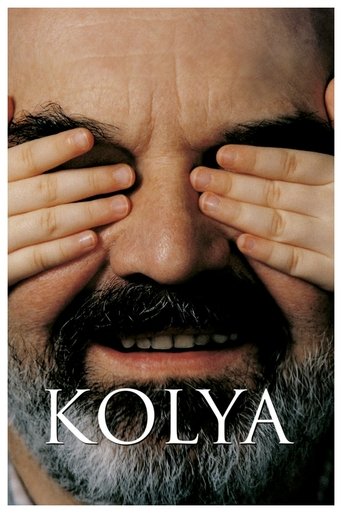
15 May 1996

Kolya
After a fictitious marriage with a Russian emigrant, Cellisten Louka, a Czech man, must suddenly take responsibility for her son. However, it’s not long before the communication barrier is broken between the two new family members.
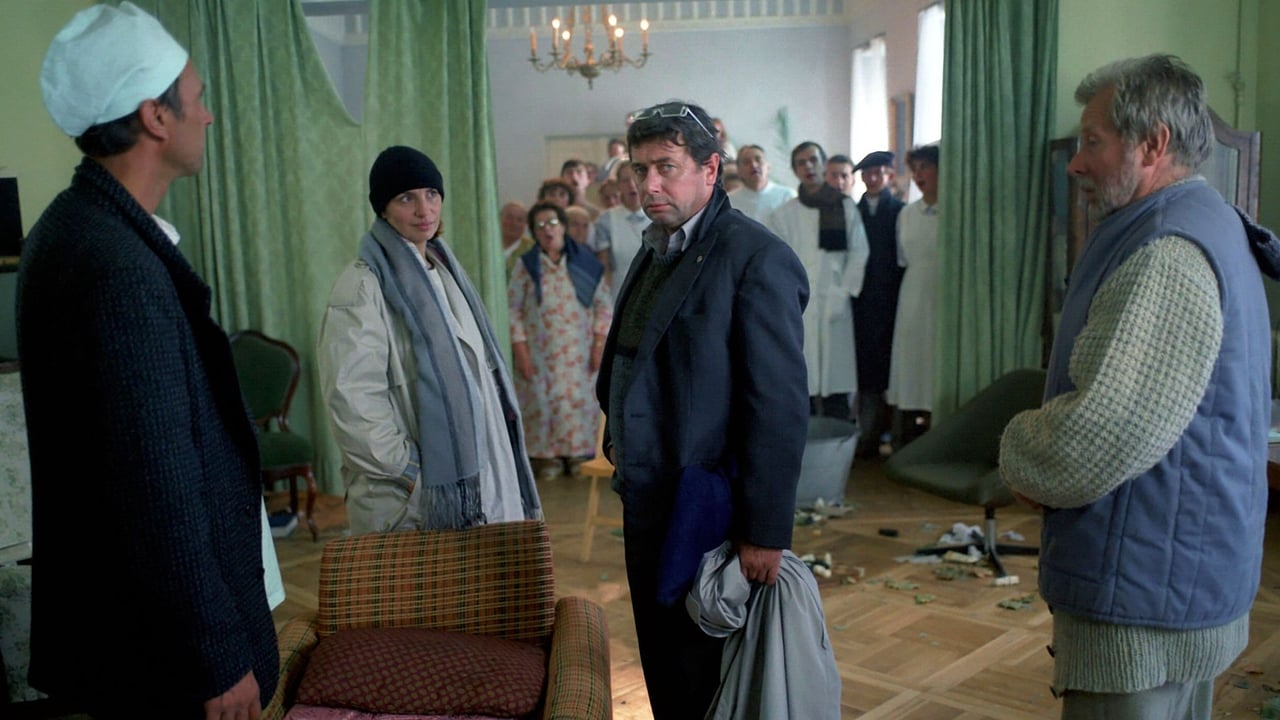
The screening of a movie "Daybreak" at the "Liberty" Cinema is interrupted by an unusual event - actors come to life on the screen, start conversations among themselves, draw the audience into them. Crowds gather around the cinema, the relevant authorities and services wonder what to do in this complicated situation. Also arriving is the censor, a man reaching his fifties, a one-time literary critic and journalist. The line between fiction and reality begins to blur.

Censor Rabkiewicz
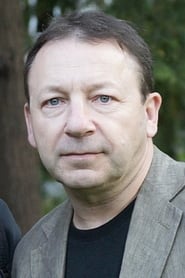
Censor's Assistant

Małgorzata
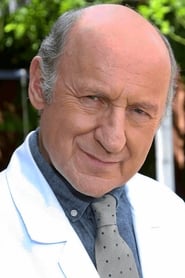
KW Secretary
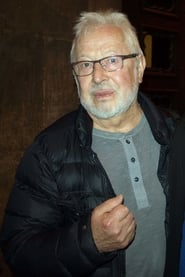
Tadeusz
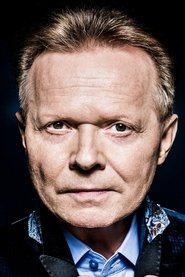
Film Critic
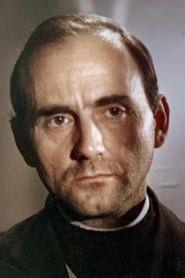
Raskolnikow

Karwański
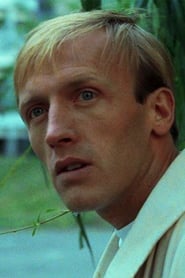
Projectionist Krzysio
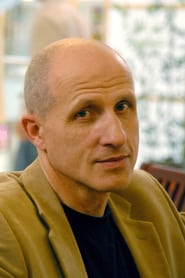
American Actor
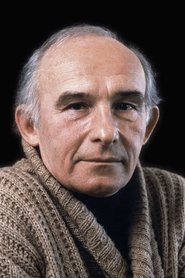
Janik

Censor's Secretary

Jerzy

Ticket Collector

Edward
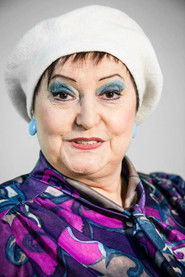
Nurse
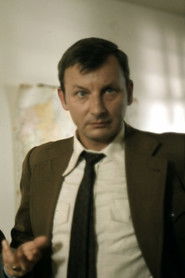
Mental Hospital Doctor

Censor's Ex-Wife

Marta Rabkiewicz

Doctor in a Movie

15 May 1996

After a fictitious marriage with a Russian emigrant, Cellisten Louka, a Czech man, must suddenly take responsibility for her son. However, it’s not long before the communication barrier is broken between the two new family members.
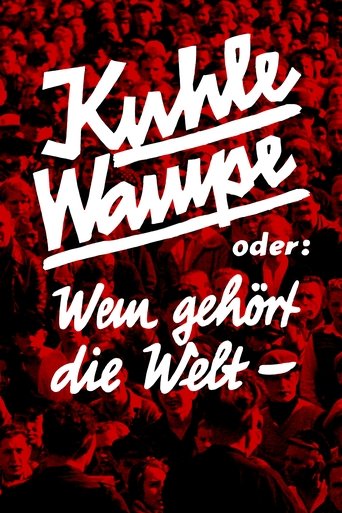
14 May 1932

Kuhle Wampe takes place in early-1930s Berlin. The film begins with a montage of newspaper headlines describing steadily-rising unemployment figures. This is followed by scenes of a young man looking for work in the city and the family discussing the unpaid back rent. The young man, brother of the protagonist Anni, removes his wristwatch and throws himself from a window out of despair. Shortly thereafter his family is evicted from their apartment. Now homeless, the family moves into a garden colony of sorts with the name “Kuhle Wampe.”

03 Oct 1999

Animals on a farm lead a revolution against the farmers to put their destiny in their own hands. However this revolution eats their own children and they cannot avoid corruption.
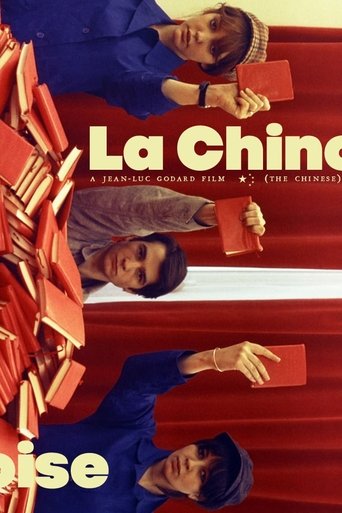
30 Aug 1967

Paris, 1967. Disillusioned by their suburban lifestyles, a group of middle-class students, led by Guillaume (Jean-Pierre Léaud) and Veronique (Anne Wiazemsky), form a small Maoist cell and plan to change the world by any means necessary. After studying the growth of communism in China, the students decide they must use terrorism and violence to ignite their own revolution. Director Jean-Luc Godard, whose advocacy of Maoism bordered on intoxication, infuriated many traditionalist critics with this swiftly paced satire.
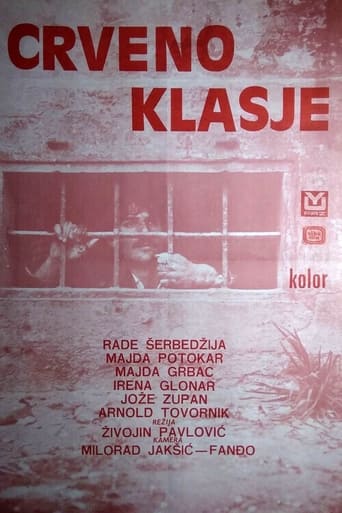
28 Dec 1970

An ex-partisan and current political activist sets out to Styria region in Slovenia to buy out the wheat from peasants and convince them to form the farming collective. His ostensible success (based on blackmailing rather than convincing), as well as his love defeat, make him disturbed and he kills an innocent man while performing a social mission.
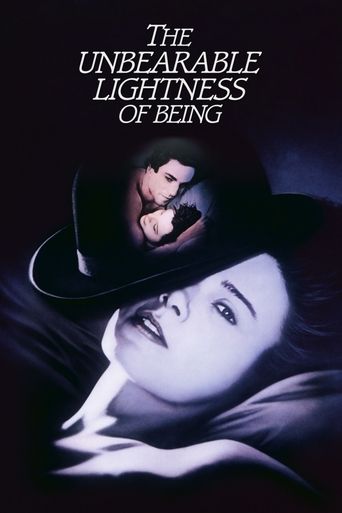
05 Feb 1988

Successful surgeon Tomas leaves Prague for an operation, meets a young photographer named Tereza, and brings her back with him. Tereza is surprised to learn that Tomas is already having an affair with the bohemian Sabina, but when the Soviet invasion occurs, all three flee to Switzerland. Sabina begins an affair, Tom continues womanizing, and Tereza, disgusted, returns to Czechoslovakia. Realizing his mistake, Tomas decides to chase after her.
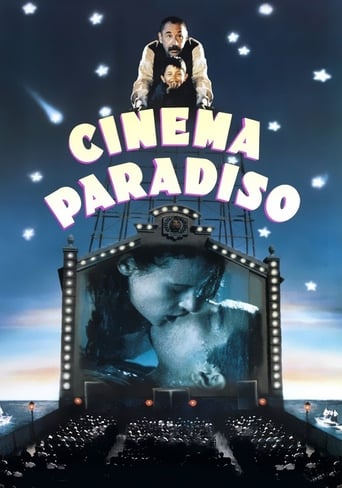
17 Nov 1988

A filmmaker recalls his childhood, when he fell in love with the movies at his village's theater and formed a deep friendship with the theater's projectionist.

11 Sep 1992

A satiric tragi-comedy about two women and their lover Robert who is an emigrant that keeps coming back. This film shows chaotic post-communist Europe after the fall of totalitarianism. Two opposite characters, women, meet during the Velvet Revolution in November 1989. Intellectual dissident Nona and a Communist secret police boss’ mistress Ester. They meet at an anti-regime demonstration and become friends. They don’t want anything to do with politics, both want to get married and have kids, but also get rich. Crazy plans and risky attempts to realize their shared dreams land them in many sticky situations in the post-revolution chaos. Too much money gets in the way of the power of friendship.
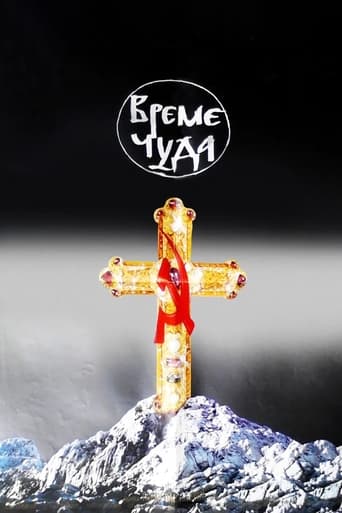
01 Apr 1989

September 1945. The new communist authorities go into the church, hang the flag of the Party and paint over the old frescoes, but each time the frescoes miraculously return. A stranger comes to town and works miracles; the townsfolk are convinced he is the Messiah. Director Paskaljevic cut his TV miniseries, based on the novel by Borislav Pekic, to feature film length.
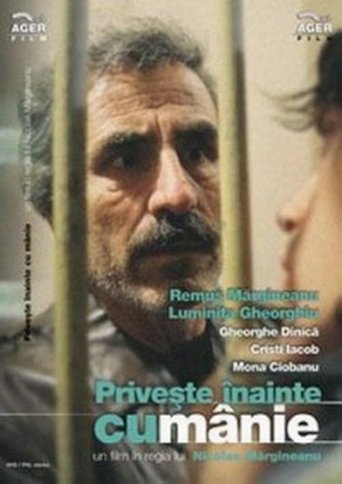
04 Apr 1993

After the revolution of December 1989, Romania is in full transition. Incertainty and chaos have followed Ceausescu's downfall. Fane, a worker in a wharf on the river Danube, is a former dissident who was in involved in politically motivated uprisings. Now that he has achieved what he has fought for, he is unemployed and everything around him seems to fall to pieces. His whole family falls victim to the changes of the early 90s. His daughter prostitutes herself, his elder son ends up in prison and his younger son becomes a thief.
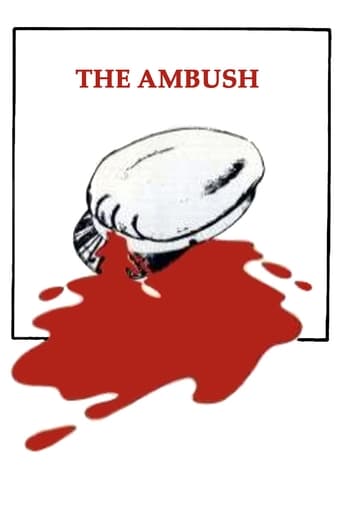
30 Jun 1969

Idealistic young man supports the party and the new Yugoslavia's communist regime, but soon gets involved in various political and criminal machinations becoming more and more confused about what's right and what's wrong.
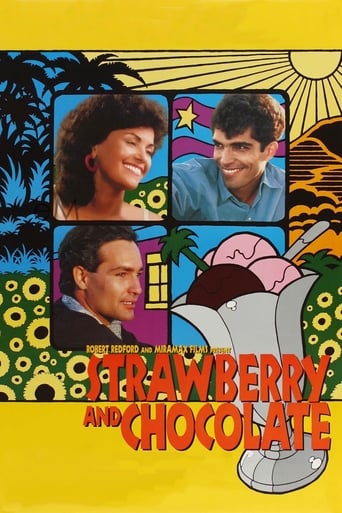
01 Dec 1993

Set in 1979, following a young Communist man's relationship with a gay Catholic writer, exploring tolerance, inclusion, homophobia and challenging its Cuban audience with great humour. Based on the short story by Cuban writer Senel Paz.

25 Feb 1995

Based on the true story of a Russian serial killer who, over many years, claimed victim to over 50 people. His victims were mostly under the age of 17. In what was then a communists state, the police investigations were hampered by bureaucracy, incompetence and those in power. The story is told from the viewpoint of the detective in charge of the case.

23 Mar 2006

In 1983 East Berlin, dedicated Stasi officer Gerd Wiesler begins spying on a famous playwright and his actress-lover Christa-Maria. Wiesler becomes unexpectedly sympathetic to the couple, and faces conflicting loyalties when his superior takes a liking to Christa-Maria.

23 Nov 1984

New York Times reporter Sydney Schanberg is on assignment covering the Cambodian Civil War, with the help of local interpreter Dith Pran and American photojournalist Al Rockoff. When the U.S. Army pulls out amid escalating violence, Schanberg makes exit arrangements for Pran and his family. Pran, however, tells Schanberg he intends to stay in Cambodia to help cover the unfolding story — a decision he may regret as the Khmer Rouge rebels move in.
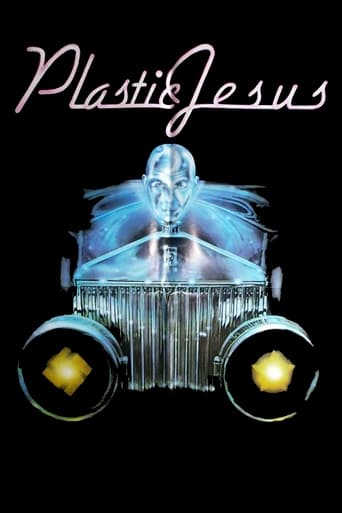
01 Jan 1971

Tom is a young guy from Zagreb, completely without money, trying to make films in Belgrade. He somehow manages to survive with a help of women. He doesn't believe in anybody, respects no one and is in constant conflict with the ruling system and order. After being left by a silly American girl, Tom binds with a woman whose husband is abroad. When she kicks him out, he moves in with her husband's sister, who later kills him in the attack of jealousy. All this is shown in the context of major historical events prior to 1968. with lots of archive footage of world leaders.
01 Jan 1991
Girls in my Hometown, released in 1991, is a melodrama dealing with individualism and sacrifice. A young girl has a friend who has just come back from abroad, bringing with her foreign fashions and foreign ideas. When the solider to whom the friend was engaged becomes blinded in an accident, she decides to put herself first, neglecting her duties to her fiancé and the community she lives in.
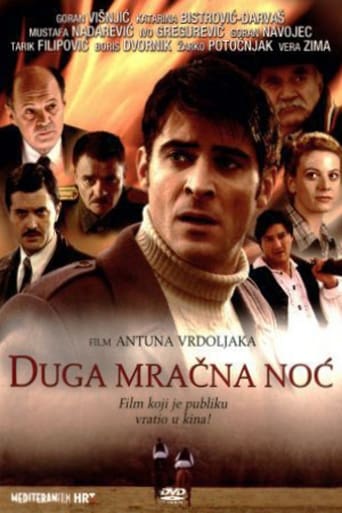
07 Mar 2004

"Long Dark Night" follows the life of the fictional character Iva Kolar: his experiences as a Croatian University student, his role as a Partisan fighting Hitler's troops during W.W. II, his involvement in his nation's post-war government, and his eventual downfall.

28 Mar 2007

Accio and Manrico are siblings from a working-class family in 1960s Italy: older Manrico is handsome, charismatic, and loved by all, while younger Accio is sulky, hot-headed, and treats life as a battleground — much to his parents' chagrin. After the former is drawn into left-wing politics, Accio joins the fascists out of spite, but his flimsy beliefs are put to test when he falls for Manrico's like-minded girlfriend.
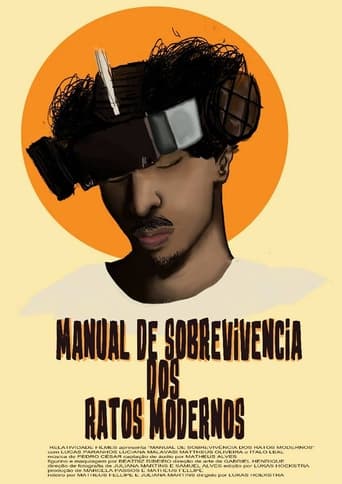
07 Feb 2018

Set in the future, where Brazil is ruled by a dictatorship capable of infiltrating and invading people's minds, bending their thoughts and controlling their dreams. A worker from the Censorship Department is forced to join forces with a group of rebels that seek to free the people throught dreams that recall a distant and lost art: the movies.